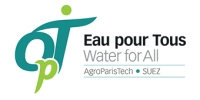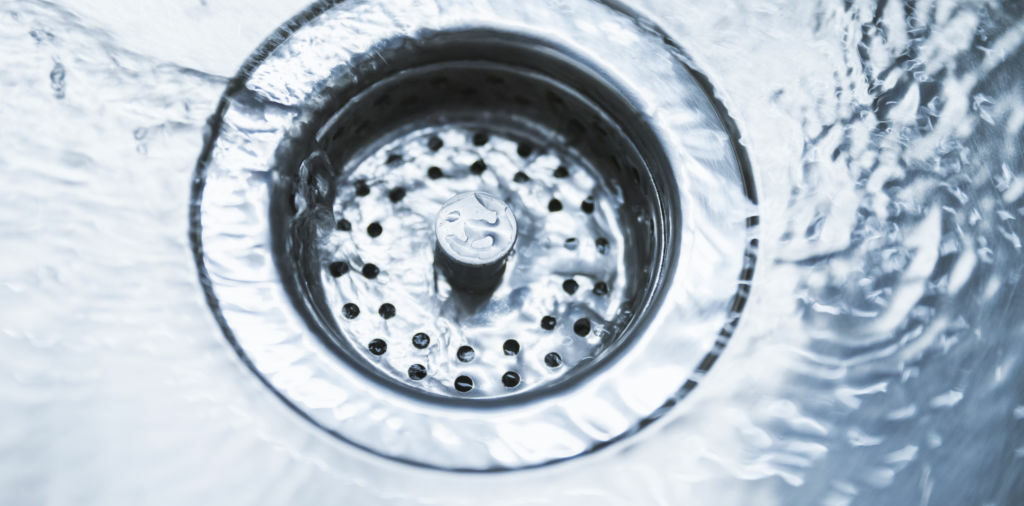Source : GAB | The Global Anticorruption Blog. December 3, 2022
Not Our Job Say Water-Sector Professionals
Guest Post is by Juliette Martinez-Rossignol, a graduate student of Political Economy of Development at Sciences Po, Paris, and at the London School of Economics; Laura Jean Palmer-Moloney, a hydro-geographer and consultant with Visual Teaching Technologies specializing in wetlands ecology and hydrology; and Mark Pyman a leader in corruption prevention efforts and co-founder of CurbingCorruption.
It is hard to imagine an area where corruption has a greater impact than in the management and distribution of the world’s supply of water. Examples abound. Locally, as in the misuse of water in a municipality; regionally, as in unregulated diversions in watersheds; and globally, as in corrupt mismanagement of marine protected areas or the diversion of funds intended to combat climate change.
We asked a cross-section of those who have devoted their professional careers to managing the world’s water supply what they were doing to combat corruption in the sector. Interviewees included engineers in water utilities in the U.S., Mexico, and elsewhere, environmental lawyers, geographers, geologists, ocean economy investors, ecosystem scientists, natural resources managers, plus water anti-corruption practitioners and journalists to.
What we found is enormously troublesome. ……
Interviewees were uncomfortable in the extreme even talking about corruption.
We heard several explanations, including the absence of professional anti-corruption training for water professionals and that the subject is almost never included on professional agendas, not even as a topic of conversation. Most notably, our interviewees questioned the limits of their personal and professional responsibilities. Do we have a responsibility in relation to corruption, whatever its impact on water performance outcomes? Should we seek to recognize corruption, take some responsibility for reducing it, think about preventive measures? There was an instinctive response that preventing or tackling corruption was not part of the job of a water professional.
The thinking behind our research, developed by the not-for-profit organization CurbingCorruption, …. …. Read more ….






